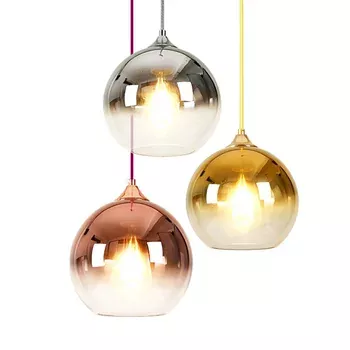Choosing the right LED strip lights involves considering various factors to ensure they meet your specific needs and preferences.
Here are three essential tips to help you make a well-informed decision:

1.Determine Your Purpose and Requirements :
Consider the Application:
Identify the specific purpose of the LED strip lights. Are you using them for ambient lighting, task lighting, accentuating architectural features, or creating decorative effects?
Knowing the application will guide you in selecting the appropriate type of LED strip.
Color and Color Temperature:
Decide on the color or color temperature that suits your desired ambiance.
LED strips come in various color options, including warm white, cool white, and RGB (Red, Green, Blue) for customizable colors.
Choose the one that complements the space or fulfills the intended function.
Brightness Level:
Determine the required brightness for your application. LED strip brightness is measured in lumens, so consider the lumen output per foot or meter.
If the strip is for task lighting, you may need higher brightness, while ambient or accent lighting might require lower levels.

2.Understand Technical Specifications for led trip lights:
LED Type and Quality:
Different LED types can affect performance and color rendering.
High-quality LED strips use reliable components that contribute to longevity and color consistency.
Look for information on the LED chip type and its reputation for durability.
Voltage and Wattage:
Check the voltage requirements of the LED strip lights and ensure they match the power supply you plan to use.
Understanding wattage is crucial for estimating power consumption and compatibility with dimmer switches.
IP Rating (Water Resistance):
If you plan to use LED strip lights outdoors or in areas prone to moisture, look for strips with an appropriate IP rating indicating water resistance or waterproofing.
Common ratings include IP65 for water-resistant and IP67 or higher for waterproof.

3.Consider Installation and Controls :
Length and Cutability:
Measure the length of the area you want to illuminate and choose LED strips that are available in appropriate lengths.
Additionally, consider the flexibility to cut the strips at designated points to fit specific spaces.
Ensure that the strips are cuttable without compromising functionality.
Adhesive Backing:
Check if the LED strips come with adhesive backing for easy installation.
This feature simplifies the mounting process, especially for DIY projects.
Verify the adhesive’s quality to ensure it adheres well to various surfaces.
Dimmability and Controls:
If you desire adjustable brightness levels, choose dimmable LED strip lights.
Check the compatibility with dimmer switches or smart home systems if you plan to integrate them.
Some LED strips come with remote controls or smartphone apps for convenient customization.

By focusing on your specific needs, understanding technical specifications, and considering installation requirements, you can choose LED strip lights that align with your preferences and provide the desired lighting effects.
And if you want to know other lights products ,like chandeliers,wall lights,ceiling lights ,lava lamp,ect…you can go to the web .and take a look.thank you so much for reading.

